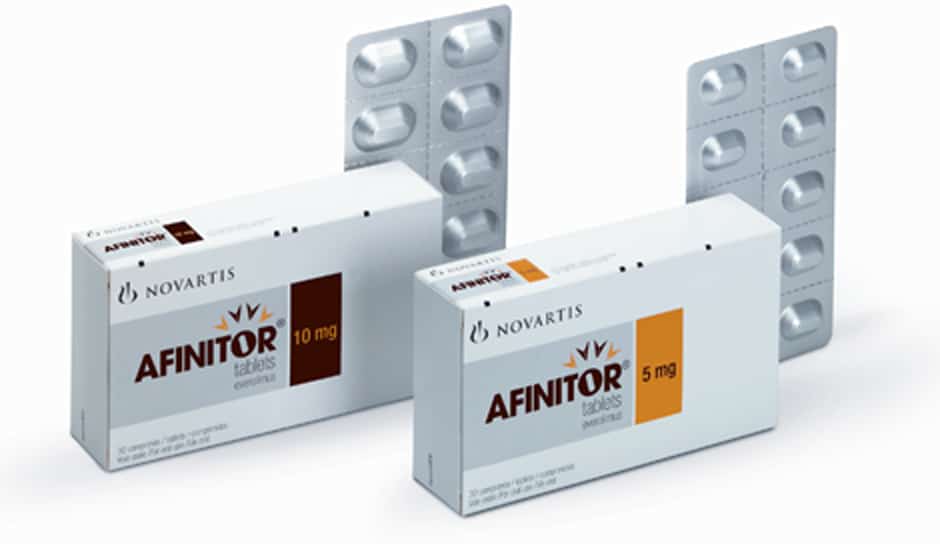
NICE unimpressed with Novartis’ patient access scheme
pharmafile | April 19, 2011 | News story | Sales and Marketing | Afinitor, Kidney cancer, NICE, Novartis
Novartis has been dealt a blow by NICE after the cost-effectiveness body finally refused to recommend, on appeal, its kidney cancer drug Afinitor.
The company had hoped its mTOR inhibitor would be accessible as a second-line treatment for advanced renal cell carcinoma, but NICE remained unconvinced and has issued guidance to that effect.
In a statement, Novartis said it was “unsurprisingly disappointed by the appeal dismissal”, saying that patients with advanced RCC now have “no effective NICE-approved licensed treatment option after failing on initial VEGF-targeted therapy”.
The manufacturer had worked hard to make the drug more attractive, coming up with a second patient access scheme (PAS) after NICE rejected Afinitor (everolimus) the first time round, but to no avail.
Under the original scheme, the first treatment pack would be free to the NHS and the rest available at a 5% discount rate of £2,822 – amounting to around £205,000 per patient for a full course. Details of the second PAS were confidential.
Appeals from Novartis and Kidney Cancer UK were heard on 28 February, but NICE has stood by its original decision, saying that Afinitor “does not provide enough benefit to patients to justify its high cost, despite the discount offered by the manufacturer”.
NICE chief executive Sir Andrew Dillon acknowledged that health services are under “considerable” financial pressure. “We regret not to be able to recommend this drug, but we have to ensure that the money available to the NHS, for treating cancer and other conditions is used to best effect,” he said.
Afinitor was attempting to gain traction in a crowded market: in February NICE recommended GSK’s Votrient (pazopanib) as a first line treatment for advanced RCC, and approved Pfizer’s RCC drug Sutent (sunitinib) in 2009.
Novartis said its drug “could more than double the average time without tumour growth or death in patients with advanced RCC whose disease has got worse” after these treatments have failed.
“The government’s cancer drugs fund now thankfully offers a route for patients in England to access everolimus,” it added.
Doctors who feel Afinitor may work better in an individual patient than the available evidence suggests can still apply for exceptional funding from their local PCT or from the fund.
Despite this setback, it has not been all bad news recently for Novartis: earlier this month, the FDA advisory committee unanimously backed Afinitor for neuroendocrine tumours of pancreatic origin.
The phase III RADIANT-3 trial showed a statistically significant improvement in progression-free survival with Afinitor compared to placebo.
Adam Hill
Related Content

Digital mental health technologies – a valuable tool in supporting people with depression and anxiety
The potential benefits of digital mental health technology for managing depression, anxiety and stress, together …

Novartis receives SMC approval for early breast cancer treatment
Novartis has announced that its treatment for early breast cancer, Kisqali (ribociclib), has received approval …

Combination treatments: Takeda’s Implementation Framework and the broader landscape
Pharmafile talks to Emma Roffe, Oncology Country Head (UK & Ireland) about the combination treatment …






